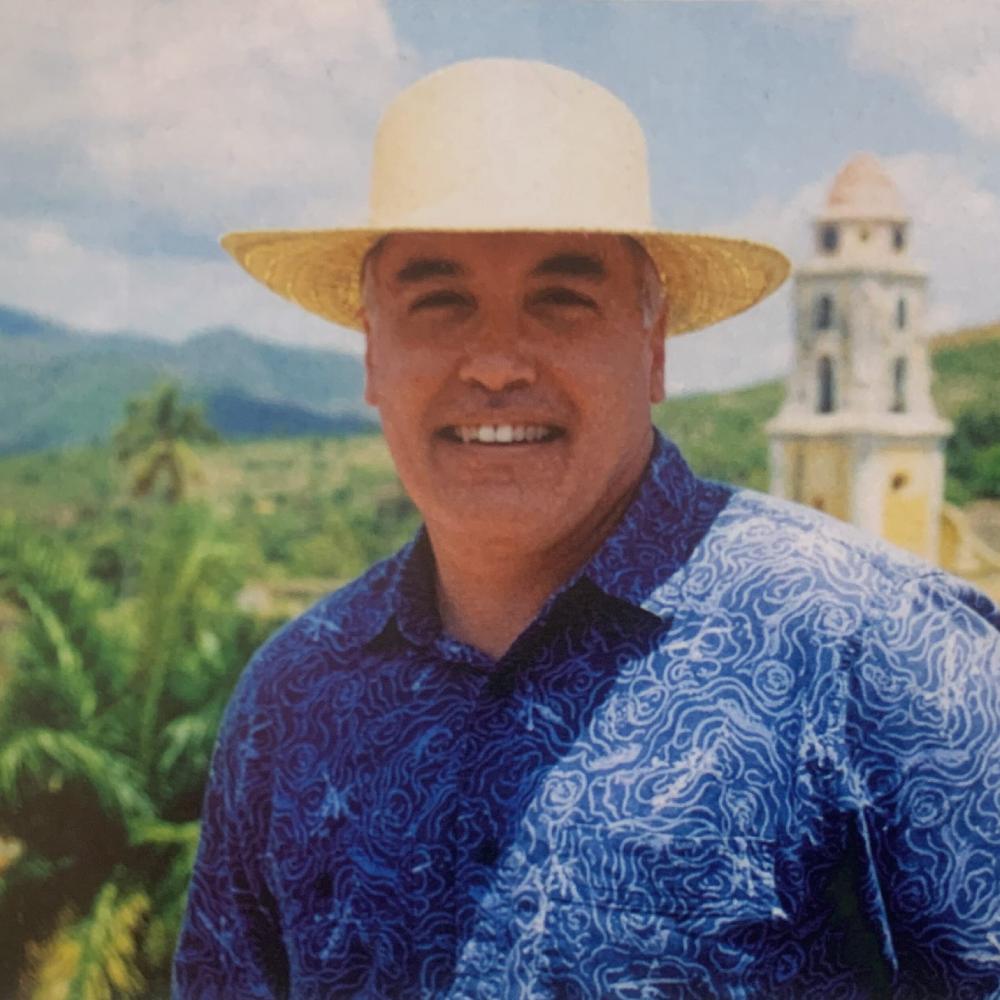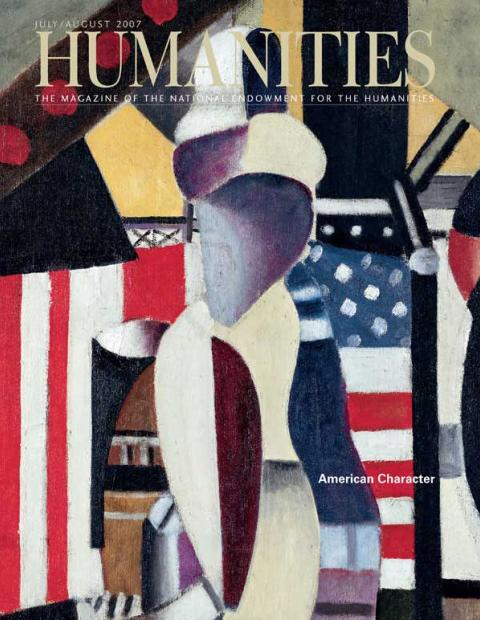Every fall, the Massachusetts Foundation for the Humanities (MFH) hosts a free, public symposium at Boston College. This year, the theme is “No News Is Bad News: The Role of Media in our Democracy.” MFH’s executive director David Tebaldi says, “The media is central to the idea that our democracy requires an informed and enlightened citizenry.”
Now in his twenty-second year with MFH, Tebaldi makes public education a priority. He describes the yearly symposiums as a “series of conversations.” This year’s twelve conversationalists include John Carroll, former editor of the Los Angeles Times, and champion of journalistic integrity; Mark Bowden, author of the book Black Hawk Down; and Joe Lockhart, White House Press Secretary under President Bill Clinton.
Tebaldi believes it is important to engage the public in topics of national importance. “When we were thinking about the proper role of a humanities council, we realized that there is no other organization which is paying such sustained attention to the issues of the day,” he explains.
Last year’s symposium, “The Least Dangerous Branch? Liberty, Justice, and the U.S. Supreme Court,” used the appointment of Chief Justice John G. Roberts as a springboard to discuss the role of the government’s judicial branch. In 2005, MFH marked the fortieth anniversary of the Voting Rights Act with a symposium exploring the legacy of legislation which enfranchised African Americans citizens. .
The day after the symposium, the Foundation organized a “ symbolic re-creation” of Martin Luther King Jr.’s 1965 march from Selma to Montgomery, Alabama, to protest the exclusion of black voters from the polls. MFH retraced the steps of another march which took place the same year, in which King led a crowd through the streets of Roxbury, Massachusetts, to protest the segregation of local schools.
“Five thousand people marched with us—all ages, all colors—including Deval Patrick, who is now the governor of Massachusetts, Senator John Kerry, and Boston Mayor Tom Menino,” Tebaldi explains. The marchers were also joined by Georgia Congressman John Lewis, who walked in King’s original Alabama march and was severely beaten by police on the Edmund Pettus Bridge when he and the other marchers refused to disperse. “The march was one of our big successes,” Tebaldi says.
Tebaldi began his career as a professor of applied philosophy at the University of Wyoming. Soon, however, the Wyoming Humanities Council recruited him to head a program on environmental ethics for Earth Day. Tebaldi was hooked. “It was a revelatory experience for me,” he says. “I found it exhilarating to engage with the public about philosophical subjects that interested them. It was much more rewarding than teaching philosophy in the classroom.”
In 1985, Tebaldi returned to his native Massachusetts and accepted his current position with MFH. He has not, however, abandoned his roots as a teacher. MFH routinely funds educational programming, often striving to engage with institutions which are not traditionally associated with the humanities. “Literature and Medicine: Humanities at the Heart of Health Care” is a monthly seminar program that provides health care workers with the opportunity to use literature to explore the responsibility of caring for others.
The Clemente Course in the Humanities, one of the Foundation’s cornerstone projects, offers disadvantaged individuals over one hundred hours of free college-level education in literature, art history, moral philosophy, American history, and writing. “The underlying premise of the program is that the study of traditional humanities disciplines provides you with skills, knowledge, and abilities that allow you to take fuller control of your life,” Tebaldi explains. “Clemente graduates are better equipped for the job market, better parents, better members of the community.”
Since its inception, 232 students have completed the Clemente Course. Graduates range from nineteen-year-old single mothers to middle-aged men and women who never got the chance to complete their education. “Nothing we do transforms the lives of people the way this program does,” Tebaldi says. “It’s a marvel to behold.”
Tebaldi has no plans to explore other careers. “It’s the best job in the world,” he says. “I learn something new every day and really make a difference in the community. I can’t imagine doing anything else.”


